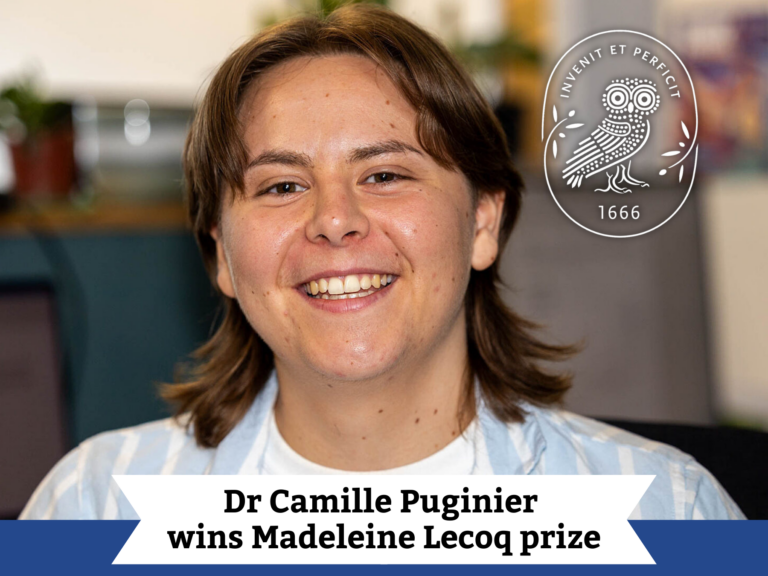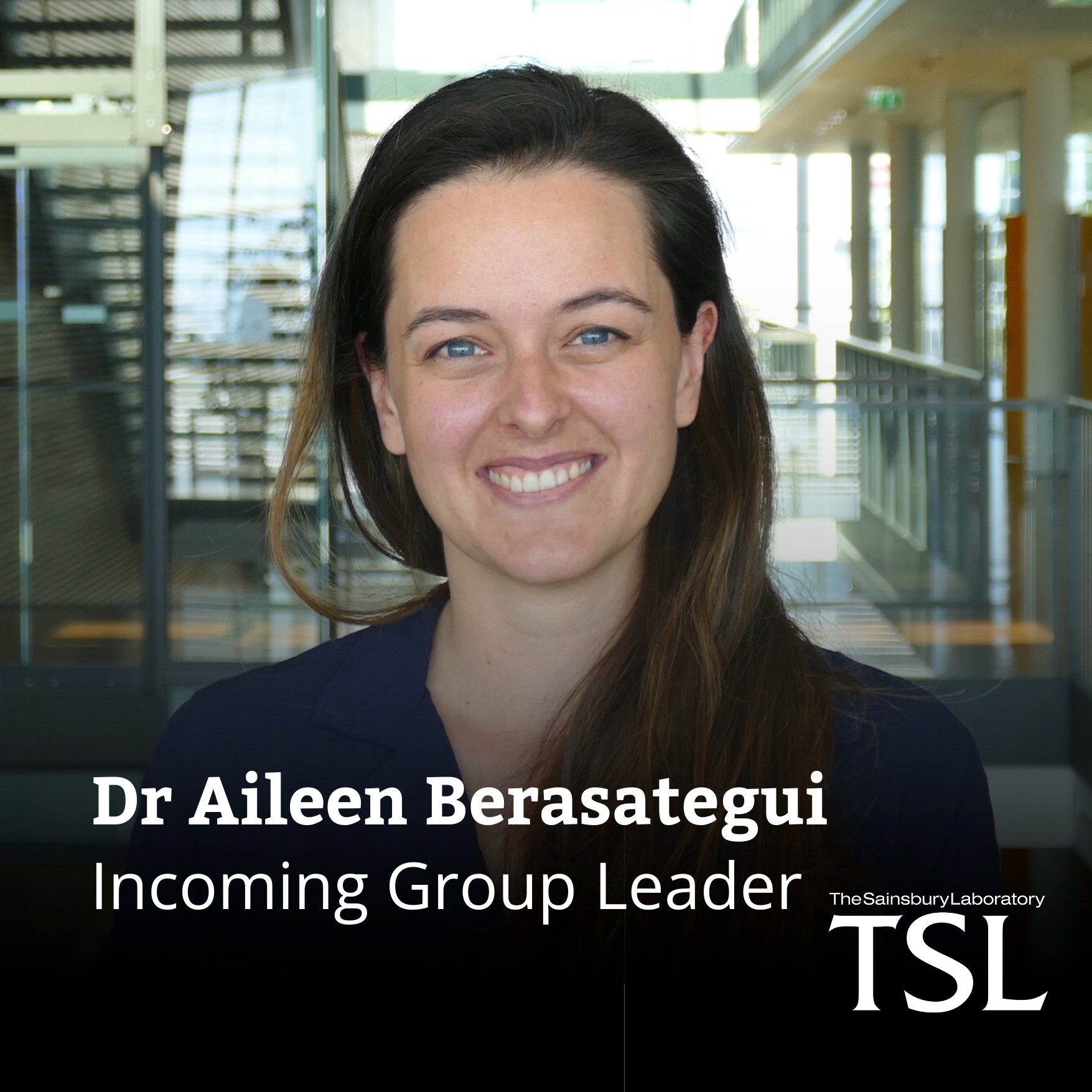What is TSL doing to protect global plant health?
"The Sainsbury Laboratory is at the forefront of discovery science in the area of plant immunity and plant disease. We want to understand how diseases happen, understand their underlying biology, and then try and find solutions to many of the world's most significant crop diseases."
Prof. Nick Talbot FRS, Executive Director and Group Leader
Our Group Leaders share how TSL discoveries contributes to the development of disease resistant and resilient crops.
"TSL makes a contribution to understanding plant disease and plant disease resistance by focusing on the fundamental principles that govern the outcome of an infection of a plant by a pathogen. What are the mechanisms of recognition of pathogens by plants that activate defence, how does a pathogen shut down those defence mechanisms, and then how do some genes in some plants enable recognition of these virulent pathogens in a way that means that their infection can be blocked."
Prof. Jonathan Jones FRS, Group Leader
"The small RNA in plants was first discovered by Sir Professor David Baulcombe in TSL. Plant immune receptors, including the crosstalk between the surface immune receptors and intracellular immune receptors, these are all major discoveries in TSL. TSL scientists have also made major contributions to genomics of fungal and oomycete pathogens and their co-evolution with the hosts."
Prof. Wenbo Ma, Group Leader
"TSL research sets out to identify genetic solutions that can be integrated within the seed itself, so the farmer, when buying that seed would be able to grow crops that are fully protected from a given plant pathogen."
Dr Matthew Moscou, Group Leader
"If we are successful, we might prevent crops in Brazil needing five spraying applications a year because plants simply now can defend themselves in a much more harmonious way."
Dr Peter van Esse, 2Blades Group Leader
"So the first thing we do at TSL is study the pathogen that causes diseases. Often the first step these days in terms of understanding a new pathogen is to sequence its genome. Once we know the enemy, we can already start developing strategies to deal with that enemy, and then there's the other side, there is the plant side. Studying the plant immune system allows us to understand how plants fight against these pathogens and how we could also find the genes that are important for plant immunity and transfer them into our crops and make our crops more resistant and more resilient."
"Out of that basic knowledge you have all these branches coming out in terms of collaborations with industry, collaborations with our colleagues in developing countries, collaborations with field scientists and trying to really bring that knowledge to where the problems are actually taking place in the field in the farms around the world."
Prof. Sophien Kamoun FRS, Group Leader


